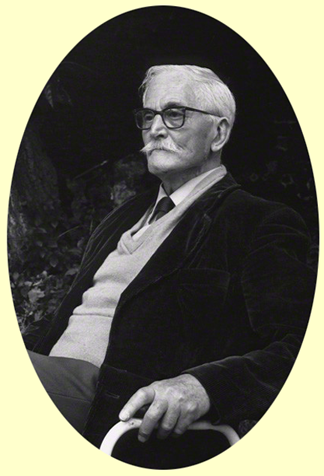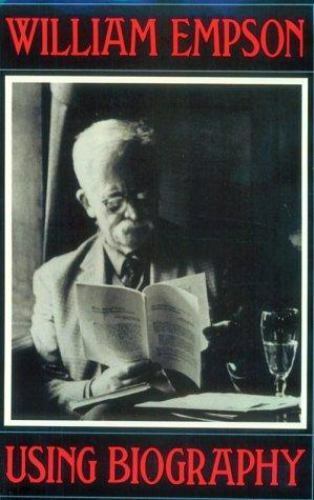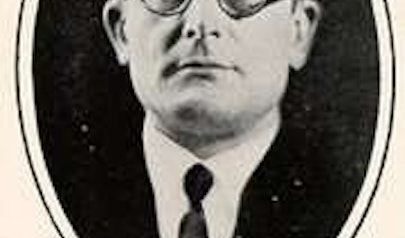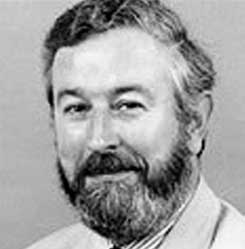Do you ask for 'william empson biography'? You will find all of the details here.
Sir William Empson (27 September 1906 – 15 April 1984) was an European nation literary critic and poet, widely authoritative for his practice session of closely interpretation literary works, A practice fundamental to New Criticism. His best-known work is his first, Vii Types of Equivocalness, published in 1930.Nationality: BritishNotable work: (1930)Occupation: and poetStyle:
Table of contents
- William empson biography in 2021
- Seven types of ambiguity summary
- Missing dates a poem
- William empson let it go
- William empson success poem
- William empson milton's god
- William empson villanelle
- William empson pastoral
William empson biography in 2021
 This picture illustrates william empson biography.
This picture illustrates william empson biography.
Seven types of ambiguity summary
 This image shows Seven types of ambiguity summary.
This image shows Seven types of ambiguity summary.
Missing dates a poem
 This image representes Missing dates a poem.
This image representes Missing dates a poem.
William empson let it go
 This picture demonstrates William empson let it go.
This picture demonstrates William empson let it go.
William empson success poem
 This image shows William empson success poem.
This image shows William empson success poem.
William empson milton's god
 This picture representes William empson milton's god.
This picture representes William empson milton's god.
William empson villanelle
 This image representes William empson villanelle.
This image representes William empson villanelle.
William empson pastoral
 This picture shows William empson pastoral.
This picture shows William empson pastoral.
Where did William Empson go to high school?
He won an entrance scholarship to Winchester College, where he excelled as a student and received what he later described as "a ripping education" in spite of the rather rough and abusive milieu of the school: a longstanding tradition of physical force, especially among the students, figured prominently in life at such schools.
Who was William Empson and what did he do?
William Empson, in full Sir William Empson, (born September 27, 1906, Hawdon, Yorkshire, England—died April 15, 1984, London), English critic and poet known for his immense influence on 20th-century literary criticism and for his rational, metaphysical poetry. Empson was educated at Winchester College and at Magdalene College, Cambridge.
Why was William Empson a critic of genius?
Empson was styled a "critic of genius" by Frank Kermode, who qualified his praise by identifying willfully perverse readings of certain authors. Harold Bloom has stated that Empson is among a handful of critics who matter most to him because of their force and eccentricity.
Which is the best book by William Empson?
Empson’s explanations of how meaning is carried in poetic language have made poetry accessible to hundreds of readers, Kenner observes. Perhaps most helpful to erstwhile readers of poetry is Empson’s first book-length work of criticism, Seven Types of Ambiguity.
Last Update: Oct 2021